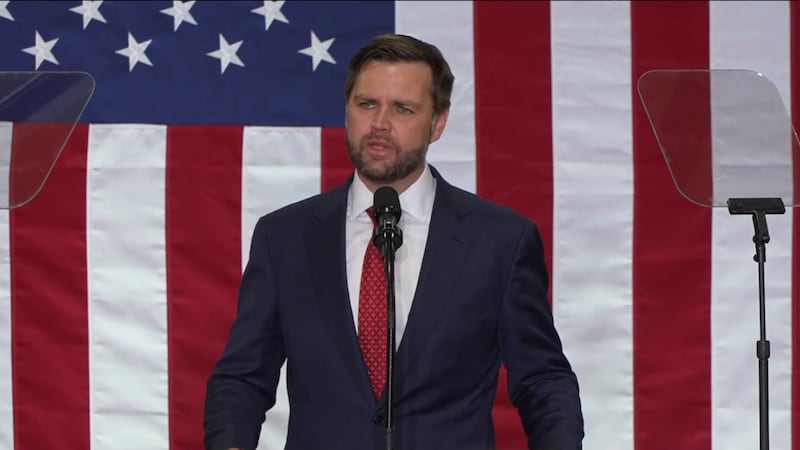High court dismisses challenge to Arizona’s open primary ballot initiative
Prop 140— also known as the “Make Elections Fair Act” — scores major victory
PHOENIX (AZFamily) — The Arizona Supreme Court has sided with a lower court that votes can be counted for Proposition 140, the ballot measure asking whether Arizona voters should move to an open primary system.
If passed by voters, the Make Elections Fair Act, also known as Prop 140, would replace partisan primaries with an “open primary” system that allows a certain number of top vote-getters to appear in the general election. The initiative would also allow ranked-choice voting in the general election when three or more candidates advance from the primaries.
Prop 140 would also give independent candidates an easier chance to appear on the ballot for statewide races. Candidates who aren’t affiliated with a party must gather more signatures than those with a registered party. Supporters say this change in the political process would give Arizonans more choices and make races more competitive.
Challengers of the ballot measure point that the court-appointed master determined that 99% of the approximately 38,000 disputed signatures were duplicates. Had those signatures been thrown out, Prop 140 would not have had enough gathered signatures to make it onto the November ballot.
In an earlier ruling, Maricopa County Superior Court Judge Frank Moskowitz said the state’s counting method was unconstitutional. This summer, Moskowitz did invalidate several thousand signatures deemed duplicates or gathered by unregulated circulators, but not the 38,000 in question from the three plaintiffs.
In August, the Supreme Court determined that Moskowitz failed to properly review evidence that those disputed signatures were invalid, allowing the signature challenge to initially move forward.
“We are disappointed in the ruling of the court on this matter,” said Scot Mussi, president of the Arizona Free Enterprise Club. “Our organization proved that the special interest groups attempting to hijack Arizona’s elections systems lacked the minimum number to qualify for the ballot to even be considered by voters in November. The special master in this case also ruled that 99% of the signatures in question should be disqualified. The committee behind the measure was aware of the duplicates, yet they obstructed and delayed the review of the duplicate signatures for over a month.”
The lower court’s decision noted that it was too late to prevent the initiative from appearing, as ballots had already started printing, and that the court lacked the authority to order election officials not to count the votes.
A competing proposition, Prop 133, would codify partisan primaries into the state’s constitution. In the unlikely event both pass, the one with the most votes becomes law.
See a spelling or grammatical error in our story? Please click here to report it.
Do you have a photo or video of a breaking news story? Send it to us here with a brief description.
Copyright 2024 KTVK/KPHO. All rights reserved.










